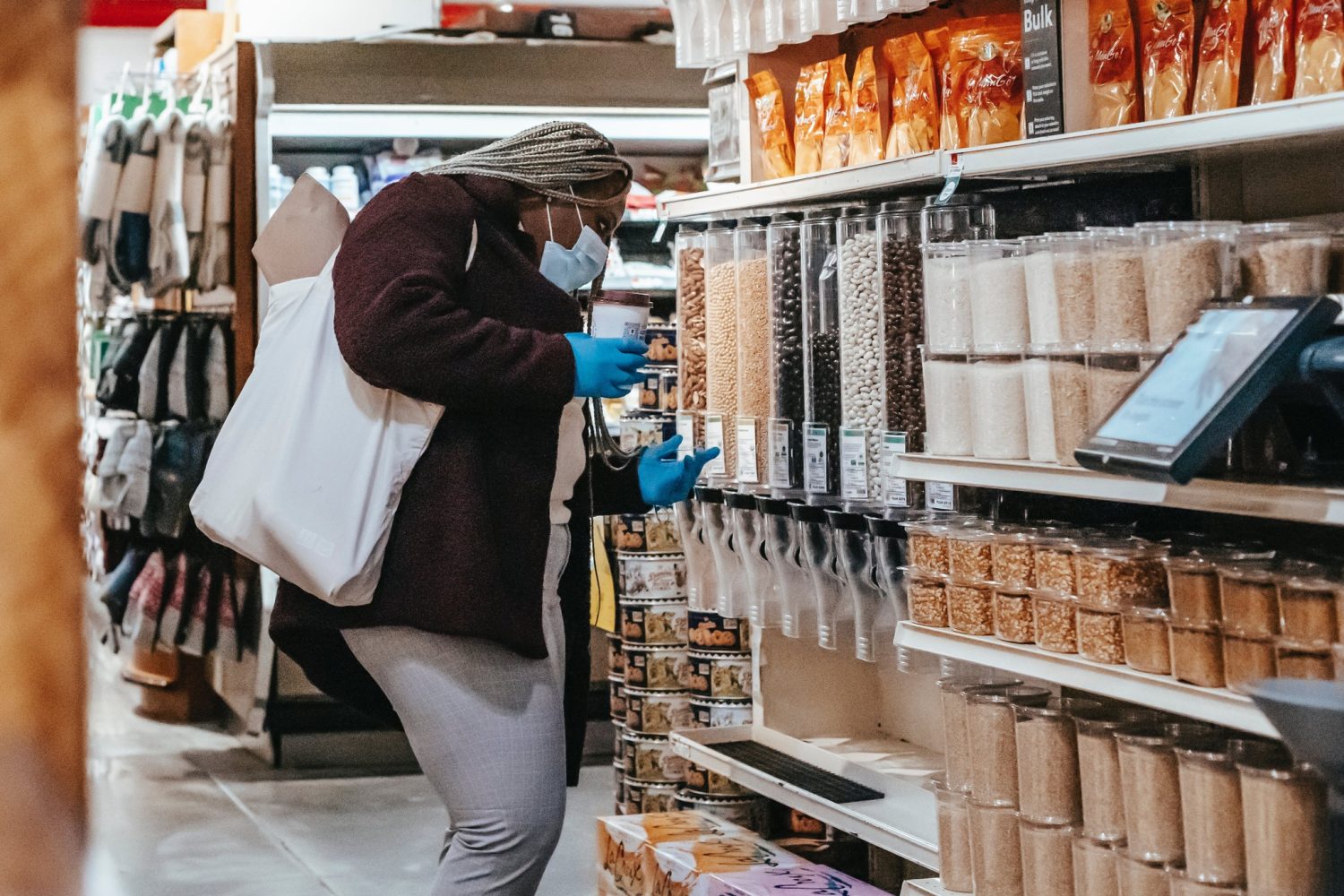In the city’s bustling lifestyle, takeout packaging in the Food & Beverage industry has to be among the most convenient inventions. As you rush out of the house early on your way to a career-deciding meeting, you pass by your favorite coffee shop and pick up a coffee to-go.
It is conveniently packed in an innovative paper cup with a plastic lid. After having your coffee, you responsibly dispose of the cup, hoping it gets to the recyclers, especially the plastic lid, and not in a landfill.
Now, assume that there were 100 people with a similar morning routine at one coffee shop in an area with ten shops. In one day, we would possibly have over 1,000 plastic coffee cup lids, which could contribute to the over 1 Million tons of plastic waste produced in Kenya annually.
How can we reverse this? As one of the most significant contributors, can the Food and Beverage industry drive the change in consumer behavior and help reduce plastic waste in Kenya?
Players like coffee shops, fast-food restaurants, and hotels within the Food and Beverage industry should spearhead the reuse and refill model and provide incentives for participating customers. This will, in turn, positively influence consumer behavior, promote a responsible waste management culture, and help people embrace the reuse and refill model.
Similar to the bring-your-own-bag system that we adopted after the government banned plastic bags in 2017, F&B players could ask consumers to bring their reusable containers and to-go coffee mugs. Customers could be given redeemable loyalty points as discounts on their next take-out as an incentive.
Alternatively, the F&B industry players can utilize the takeback system, incentivizing their clients to bring back used packaging bought from their outlet(s). This can help to control littering and ensure that plastic waste goes to authorized recyclers. Since coffee shops and eateries likely serve repeat clients daily, this incentive-driven takeback system is viable for their industry.
Complying with the Extended Producer Responsibility
As a bonus, a takeback or refill & reuse system will help F&B players avoid the new Extended Producer Responsibility (EPR) penalties enforced by the National Environmental Management Authority (NEMA). Earlier this year, NEMA inspected some sections of the Ngong River, picking out companies’ packaging material dumped along the river. The Authority mentioned that they would then issue the companies whose packaging was found dumped along the river with a clean-up and restoration order, failure to which will lead to further prosecution. A list of 29 companies responsible for products and packaging materials polluting the Nairobi River has already been published, some belonging to the F&B industry.
In a communiqué posted on its X handle on 31st January 2024, NEMA said, “The inspection team established that there were assorted synthetic wastes along the river, part of which bore the identity of different producers and the waste had accumulated in the rivers interfering with their flow, posed a potential threat of flooding, water pollution and are likely to have adverse environmental effects on the general environment.”
Further, NEMA gave a 30-day notice to each of the 29 companies “To clean up the wastes within the specific sites where the crime was committed to their natural state and submit to NEMA the EPR plan for management of waste emanating from their products and packaging for Nairobi River catchment region.”
Innovative Solutions are Taking Center Stage
The shift towards refill and reuse practices in Kenya has necessitated a rise in innovative solutions. Let’s take a step back, however, in recognizing and appreciating the role of the informal economy, popularly known as the “Kadogo Economy” in the country.

This is primarily characterized by purchasing low-priced products, allowing consumers to buy in small daily quantities instead of bulk units. As a result, the refill system has been on the rise, especially among Fast-Moving Consumer Goods (FMCG) like milk, cooking oil, cooking fuel, drinking water, cleaning supplies, and cereal. The “Kadogo economy” encourages consumers to bring their refill containers and jars fit for the goods they wish to purchase. This is besides the informal vegetable kiosks where we bring reusable bags for our “Mama Mbogas” to refill with fresh, unpackaged vegetables, unlike in supermarkets where the vegetables are mostly packaged in plastic wrappers.
This method is also becoming popular in formal retail, with major brands rethinking their packaging strategies and opting for bulk dispensers and refill stations for some of their FMCGs. This reduces packaging waste and offers cost savings for both businesses and consumers.
Another example is the Eco Refill and Innovative ECANDI shop, a zero-waste eco-shop in Nairobi’s Rosslyn area. It offers a first-of-its-kind bulk refill station for its partners’ ethically sourced products and encourages customers to bring empty containers for bulk refills.
When properly implemented, the refill and reuse model offers numerous advantages beyond environmental sustainability. It reduces single-use plastic waste and is economically feasible for producers and consumers because local businesses that adopt these practices often experience reduced packaging costs and increased customer loyalty. Moreover, the movement creates employment opportunities for refill station attendants, maintenance staff, and product suppliers.
Scaling the Reuse and Refill Model in Kenya
While Kenya’s refill and reuse economy has made significant strides, especially in the F&B and retail sectors, challenges persist. Some consumers remain resistant to change, and the infrastructure for the widespread adoption of refill stations needs further development. Nevertheless, as the Kenya Plastics Pact Secretariat learned at a recent All-Pacts Network Conference in Cape Town, South Africa, these challenges are similar across different countries.
Yet, they can be overcome with increased awareness and policy support, such as through EPR implementation. Additionally, collaborations between the public and private sectors in areas like packaging standardization and scaling shared take-back infrastructure play a crucial role. All stakeholders must work collectively to achieve high return rates.
By minimizing the reliance on single-use plastics through widespread adoption of the reuse and refill model, the F&B industry in Kenya can contribute to the global effort to combat climate change and promote sustainable living. Additionally, the emphasis on local solutions will strengthen the industry’s resilience and self-sufficiency in the face of environmental challenges. It will significantly increase Kenya’s annual recycling rate for plastic, which currently stands at about 10%, to a 40% rate by 2030, as targeted by the Kenya Plastics Pact.
Absalom Mulama and Josephine Wawira from Sustainable Inclusive Business Kenya (SIB-K), the knowledge center under the Kenya Private Sector Alliance (KEPSA), co-authored this article.




